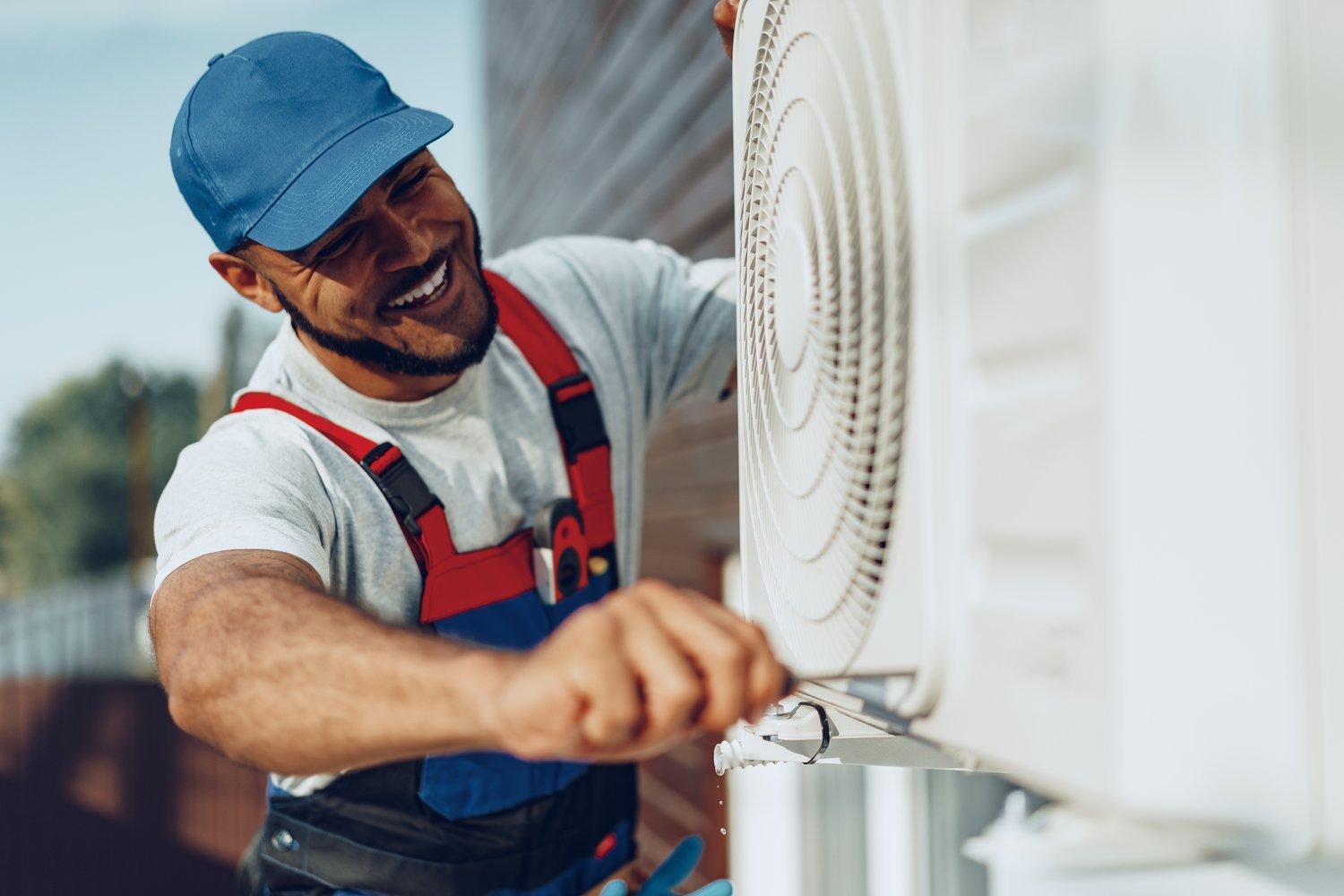Your heating and cooling system can account for up to 50% of your home’s energy consumption, making it a prime target for efficiency improvements. A professional HVAC energy audit examines your entire system to identify inefficiencies, air leaks, and performance issues that may be costing you money each month. This comprehensive assessment provides a roadmap for improvements that can significantly reduce heating and cooling costs while enhancing your home’s comfort. In this article, we’ll explore how an energy audit works and the substantial benefits it offers homeowners looking to optimize their HVAC performance.
What Is an HVAC Energy Audit?
A home energy audit HVAC assessment is a thorough examination of your heating, ventilation, and air conditioning system performed by trained professionals. Unlike routine maintenance, which focuses on cleaning and basic upkeep, an energy audit specifically targets efficiency. The auditor will analyze every component of your system, from the equipment itself to the ductwork, insulation, and even your home’s envelope (walls, windows, doors). Using specialized tools like infrared cameras, pressure gauges, and airflow meters, they can detect issues invisible to the naked eye. This comprehensive approach is crucial because HVAC efficiency loss often stems from multiple small problems that combine to create significant energy waste.
Common Sources of HVAC Efficiency Loss
Identifying HVAC efficiency loss begins with understanding where problems typically occur. Ductwork issues are among the most common culprits, with the average home losing 20-30% of conditioned air through leaks, poor connections, or inadequate insulation. Equipment that’s improperly sized for your home creates another major inefficiency—systems that are too large cycle on and off frequently, while undersized units run constantly without adequately heating or cooling. Aging equipment naturally becomes less efficient over time, with the average system losing about 5% of its original efficiency for each year without proper maintenance. Thermostats placed in poor locations or improperly programmed can also trigger unnecessary system operation, while clogged filters restrict airflow and force your system to work harder. A professional HVAC assessment methodically examines each of these potential problem areas.
The Professional HVAC Assessment Process
When you schedule a professional energy audit through a platform like AskHomey or directly with an HVAC contractor, you can expect a systematic evaluation of your entire system. The process typically begins with a visual inspection of your equipment, including age verification, condition assessment, and efficiency rating checks. Auditors will measure airflow at registers, test for duct leakage, and examine insulation levels in attics and crawlspaces. A blower door test might be conducted to measure your home’s overall air tightness, while thermographic scanning can reveal hidden thermal deficiencies. This comprehensive approach ensures no potential energy-saving opportunity goes unnoticed. Most audits conclude with a detailed report prioritizing recommended improvements based on cost-effectiveness and potential energy savings.
HVAC Energy Audit Benefits Beyond Cost Savings
While reducing heating and cooling costs is often the primary motivation for scheduling an energy audit, the benefits extend far beyond utility bill savings. Improved comfort ranks high among homeowners’ reported satisfaction factors, as addressing airflow issues and temperature inconsistencies creates a more pleasant living environment. System longevity improves significantly when efficiency issues are corrected, potentially adding years to your equipment’s service life. Environmental impact shouldn’t be overlooked either—an optimized system burns less fuel and requires less electricity, directly reducing your home’s carbon footprint. Finally, many homeowners report improved indoor air quality after implementing audit recommendations, as proper filtration, humidity control, and ventilation all contribute to healthier indoor environments.
From Audit to Action: Implementing Recommendations
The true value of an HVAC energy audit comes from implementing the recommended improvements. Your audit report will typically prioritize actions based on their return on investment, highlighting “low-hanging fruit” like sealing ductwork or adding insulation that offers immediate benefits at minimal cost. For more substantial investments like equipment replacement, the report should include projected energy savings and payback periods to help with financial planning. Many utility companies offer rebates and incentives for energy-efficient upgrades identified through professional audits, potentially covering a significant portion of improvement costs. Some homeowners implement changes gradually according to their budget, while others prefer a comprehensive approach to maximize immediate energy savings.
When to Schedule Your HVAC Energy Audit
The ideal time for a home energy audit HVAC evaluation is during moderate weather seasons (spring or fall) when your system isn’t under peak demand. This timing allows auditors to test both heating and cooling functions without extreme outdoor temperatures affecting results. However, if you’re experiencing specific problems like unusually high energy bills, comfort issues, or considering system replacement, scheduling an audit immediately makes sense regardless of season. As a general best practice, energy audits should be considered every 5-7 years, as building materials settle, equipment ages, and new efficiency technologies emerge.
For more tips and to connect with reliable home service professionals, follow AskHomey on Facebook and Instagram.



